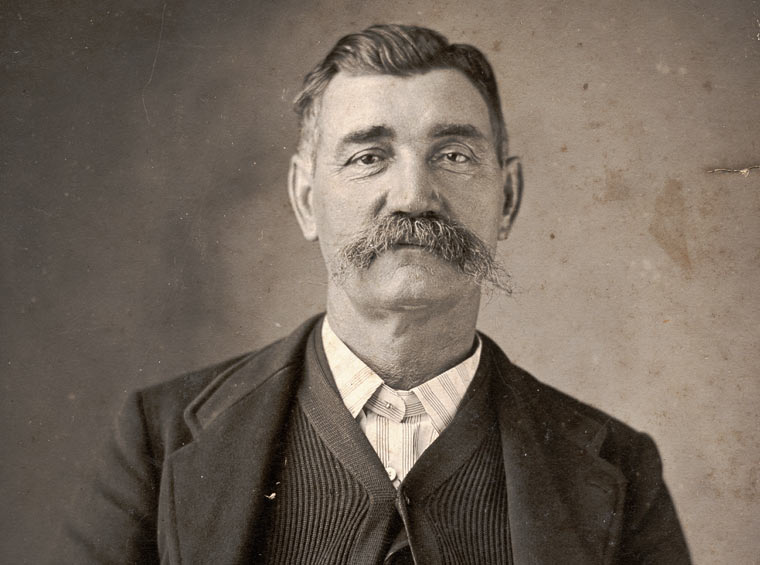corn mill, grist mill, plaster mill, textile mill = woolen mills

unknown 0013
Besides running a factory to make cotton and woolen cloth, the men offered a variety of services to the surrounding countryside. A blacksmith's shop, corn mill, grist mill, and plaster mill were supplemented by a store selling dry goods and woolen cloth--no doubt primarily the products of the firm. So broad were the purposes of the company that the articles of agreement permitted the firm to undertake any type of business that the three men might desire.Jones became the superintendent and manager of the mills, shops, and all mechanical aspects of the enterprise at a salary of $600 per year plus free use of a house located on the property. Thomas Farish ran the dry goods store, purchased supplies, and acted as salesman for the company's products. In addition he served as treasurer, paying the debts incurred, making any needed financial arrangements, keeping the books in order, and handling the payroll. For his efforts, Farish received $680 a year and expenses for business trips, but any assistant he might him had to be paid out of his own pocket. William Farish took no part in the operations of the concern; evidently his ministerial duties forced him to limit his contribution to the capital. Before three years had passed, he was succeeded in the partnership by John T. Randolph and the name of the firm became Farish, Jones and Randolph.--Harry Poindexter
Labels: Poindexter History, WMRd people

0 Comments:
Post a Comment
<< Home